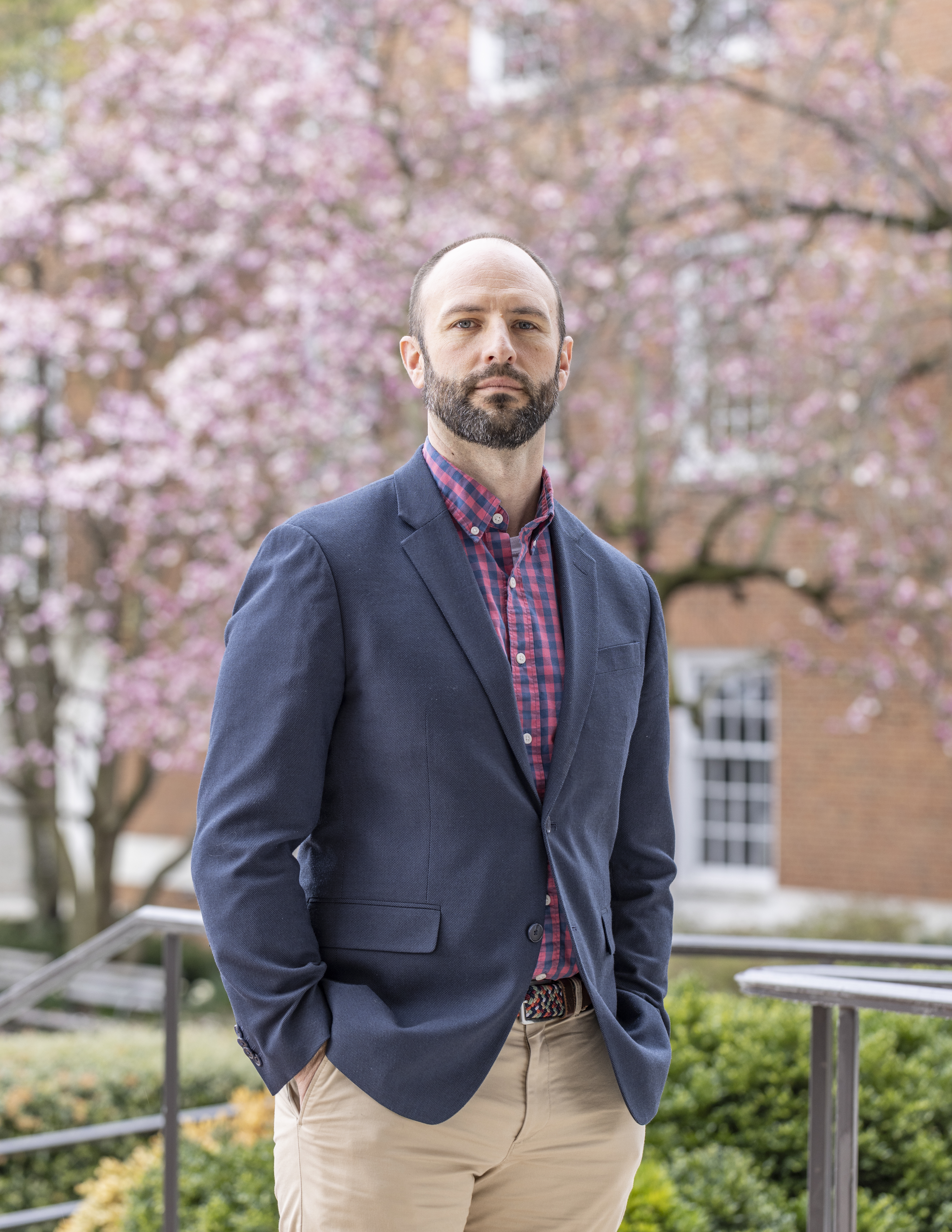
Useful Links
Uncertainty Quantification & Scientific Machine Learning
Abstract
Uncertainty Quantification (UQ) and Machine Learning (ML) play an increasingly important role in physics-based computational modeling. Especially with the recent rise of scientific machine learning (SciML) and physics-informed ML, new computational tools are being harnessed to solve bigger and more challenging problems. Moreover, UQ has become an integral part of any physics-based modeling effort because all physics-based models, as carefully developed as they may be, are rife with uncertainties (both epistemic and aleatory) in their parameters, inputs/excitations, and sometimes in the form of the models themselves. When SciML methods are then applied in these applications, additional uncertainties are introduced. In this talk, I will broadly introduce the interrelated roles that UQ and ML play in physics-based modeling. I will present several recent advances in UQ and SciML including work on advanced Bayesian neural operators, spectral stochastic neural operators, and physics-informed polynomial chaos expansions, with various applications of interest ranging from multi-scale materials modeling, stochastic modeling of structures subjected to natural hazards, and high energy-density physics.
Bio
Michael D. Shields is a Professor in the Dept. of Civil & Systems Engineering at Johns Hopkins University. Prof. Shields is the Director of the Center on High-Throughput Materials Discovery for Extremes (HT-MAX), holds a secondary appointment in the Dept. of Materials Science and Engineering, and is a fellow of the Hopkins Extreme Materials Institute. Prof. Shields conducts methodological research in uncertainty quantification (UQ), scientific machine learning, probabilistic modeling for problems in mechanics, materials science, and physics with applications ranging from multi-scale material modeling to assessing the reliability and safety of large-scale structures. He received his Ph.D. in Civil Engineering and Engineering Mechanics from Columbia University in 2010, after which he was employed as a Research Engineer in applied computational mechanics at Weidlinger Associates, Inc. He joined the faculty at Johns Hopkins in 2013. For his work in UQ, Prof. Shields has been awarded the ONR Young Investigator Award, the NSF CAREER Award, the DOE Early Career Award, and the Johns Hopkins University Catalyst Award. Prof. Shields and his group also develop the open-source UQpy (Uncertainty Quantification with Python) software, which is a general toolbox and development environment for UQ in computational, mathematical, and physical systems.

